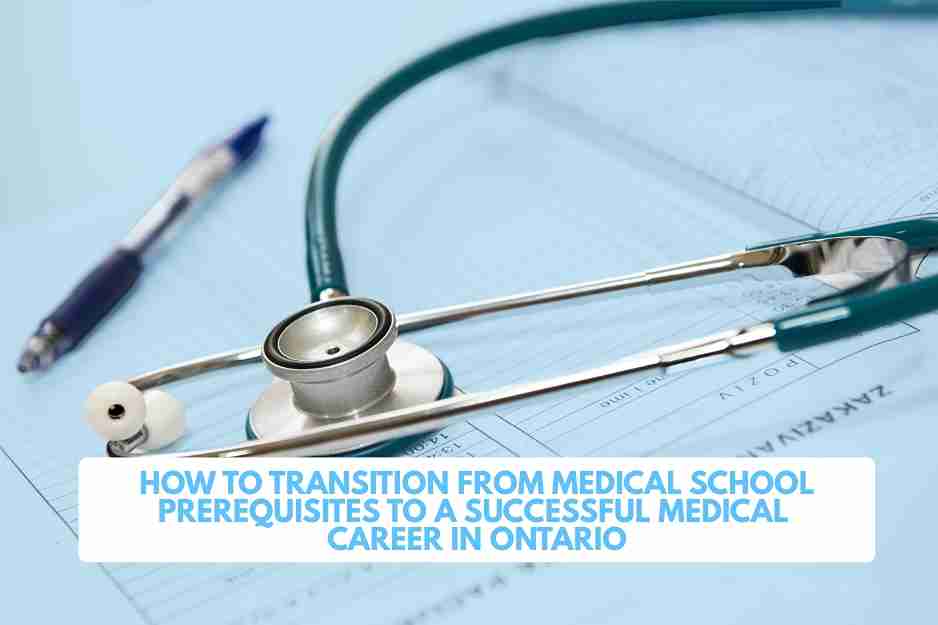Original article available at: www.medxcanada.org/blog/dhruvin-hirpara
I went to McMaster University for my undergrad and completed 4 years of the bachelor of health sciences program. Currently, I am a 4th year student at the University of Toronto Medical School.
Q: What inspired you to pursue a career in medicine?
When I was growing up, my mom used to tell me to pick a profession that would bring me closer to the common man. With that in mind I thought; I can become a lawyer, a priest, or anything in healthcare. Then, during my high school and undergraduate career I realized my passion for human anatomy, biology and the sciences. Additionally, by observing doctors, it gave me a glance at what a doctor does and how he leads an entire team. So with that all put together; my passion for the sciences, my compassion and desire to lead, medicine seemed the perfect fit.
Q: What’s one common myth about medical admissions?
One common myth I think, would be that a lot of people get discouraged by not having enough research, enough publications, perhaps a low MCAT score or a low GPA. These are important however, one thing the admissions does look for is a well balanced application. So even if one aspect is lower, if overall you’re a well-rounded student, who has a variety of interests, then you can be a strong candidate. Personally, my research profile was not strong but I still did well because I was well rounded. I still demonstrated interest in research while the other sections of my application were strong.
Q: If you could go back, what’s one thing you would do differently?
If I had the opportunity to go back, one thing I would do differently, is to think about the well – roundedness about my application early on in my undergraduate career. The medical application consists of 3 pillars – your GPA, MCAT score and extracurriculars & research. I would devote more attention to all 3 pillars evenly. One thing specifically, I would devote more time to reading more novels, newspapers, outside of science to do better on the verbal reasoning on MCAT. In fact, I recommend reading 20-30 mins outside of school everyday to develop strong communication skills.
Q: How do you manage your time?
One thing I personally liked doing was, to write things down and then to prioritize them based on importance. Some things have short term importance and some things have long term importance. I would ask myself; what is important in the next six months vs. what is important in the next week? Always prioritize based on short term or long term importance to stay on top of the things going around.
Q: What last piece of advice would you like to pass on to students wishing to pursue medicine?
Be yourself. A lot of people think you should have a cookie cutter application, but the process is not as straightforward as you think. Portray the true version of yourself and do not conform to the norms and blindly follow people who are getting into medical school around you. Highlight a unique aspect of your personality and follow your interests outside of medicine. This is because it is extremely important to maintain a sense of your true self through all of this.


